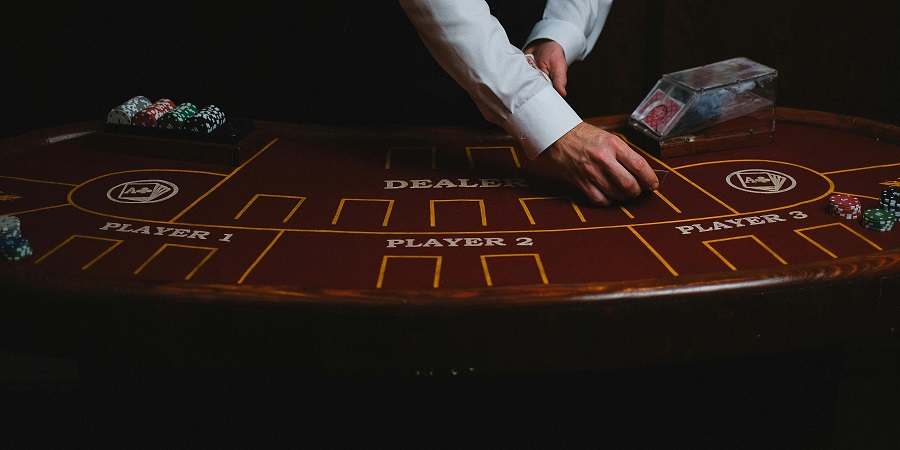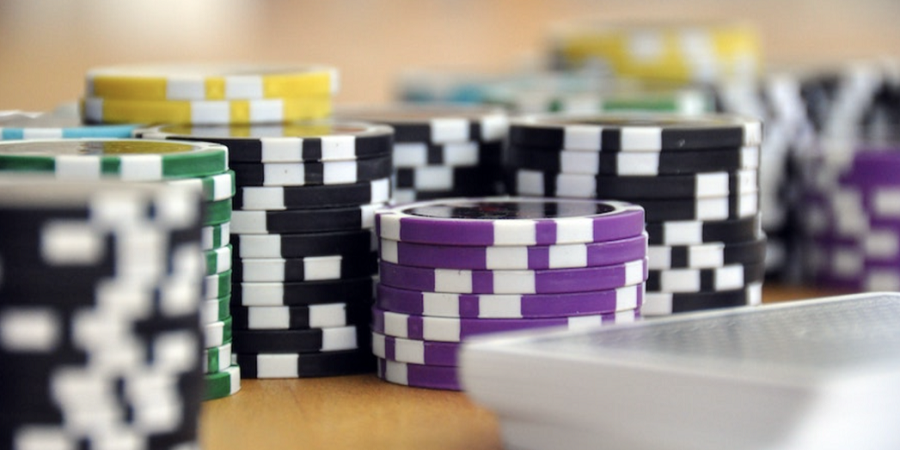Any game you play invokes a desire to be in it to win it. However, for casino gamers, the psychological effects of winning and losing are much different than when playing standard console or PC games. Sometimes the pain of losing affects players much more than the pleasure of winning as losses are more prominent in casino gaming than the very occasional victory.
Loss aversion explains how the pain of losing is felt more intensely than the pleasures associated with winning in casino gaming. You can log on to christchurchcasino.com to try casino games at any time that’s convenient for you. Whether you want to take a spin on the roulette wheel or watch where the reels land on a slot machine, there’s a game to suit everyone’s fancy in an online casino.
What Is Loss Aversion?
Daniel Kahneman and Amos Tversky were psychologists who coined the term loss aversion within their Prospect Theory generated in 1979. Kahneman received a Nobel Prize in Economics in 2002 for the success of the Prospect Theory, but he was unable to share the glory with his colleague because Tversky passed on before the award was received. Overall, the gentlemen found that the dire emotional impact of losing a sum of money such as $100 is more painful than the pleasures of winning $100.
This phenomenon is rooted in human nature because our brains are wired to avoid negative outcomes while ensuring survival and well-being. Loss aversion can influence players’ risk perception, how they make bets, and how they respond to losing streaks.
How Loss Aversion Affects Online Casino Players
Here’s how loss aversion alters player behavior.
Chasing Losses
Chasing losses is one of the big no-nos of online casino gaming, but so many bettors still do it. After a losing session, players may feel a strong urge to keep playing that game they lost in hopes of recovering the bet money they lost. However, casino gaming doesn’t work like that.
Where so many games are based on chance, there’s a possibility you can keep losing even as you continue more gaming sessions. Winning is not guaranteed in the casino world, so attempting to chase losses will only dig you into a deeper financial hole if you aren’t careful.
Riskier Betting Behavior
Loss aversion could push players to engage in riskier betting behavior such as increasing their bet size after making so many smaller losing bets with the hopes of “winning it big”. This should never be a player’s mindset, especially when they have a limited bankroll to work with. This risky betting behavior is not driven by true odds or probabilities; rather, it’s an emotional need to balance out losses.
Loss Aversion In Jackpot Games
In progressive jackpots and high-stakes games, the role of loss aversion is much more amplified. Players experiencing a losing streak may feel compelled to keep playing with the thought that they could be closer to a possible jackpot win. This very small possibility can outweigh the true risks involved in continuing playing when you have a minimal bankroll.
The near-miss phenomenon is mostly present in slots where the reels could be one symbol off from a big win. This could make players think they are closer to a win when they won’t be because all spins are random and not reliant on the previous one.
How To Reduce Loss Aversion’s Impact On Casino Gaming
Setting loss limits during gameplay and taking breaks throughout can reduce loss aversion’s overall impact on casino gaming. Some casino platforms send pop-up notifications to players to remind them of how long they have been playing during their current gaming session. Adding in how much money they have spent on bets within these notifications enhances the urgency and realness behind this reality check so players can be mindful of practicing responsible gambling habits.










